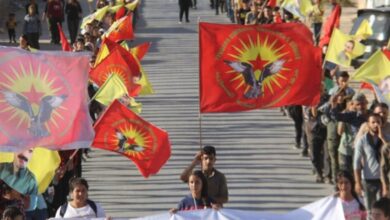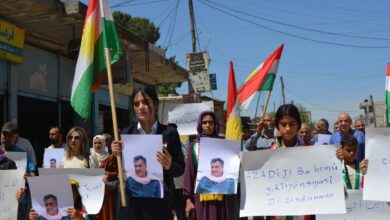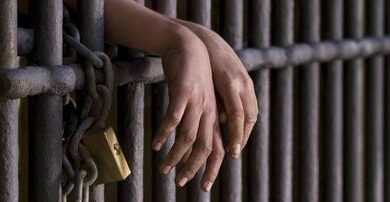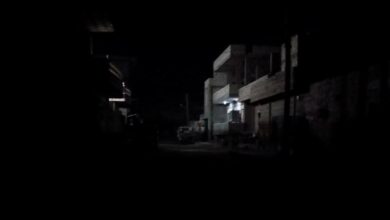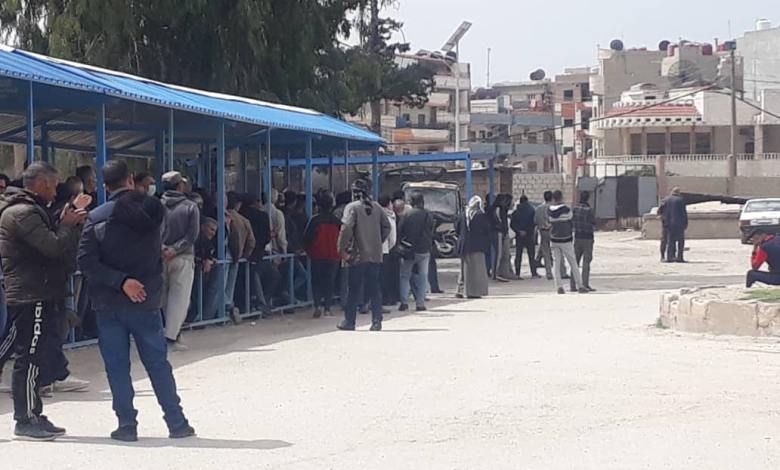
What has the PYD administration achieved or brought to the residents of the region in terms of basic requirements?
In areas that are considered the richest economically in Syria, with their natural resources of energy, agricultural, animal and water resources, and the most secure and stable under the cover provided by the air embargo imposed by the United States of America since early 2016.
What did the PYD administration do, which raises the slogans of the Autonomous Administration, the democratic nation, the ecological society, and the freedom of women, to advance the economically faltering and miserable reality of these regions?
Has it reached the lowest threshold of people’s hopes and expectations?
Or was all of that nothing but pipe dreams that have no basis in reality?
Some citizens in the region say: We are now living in a state of real letdown. We expected, after the administration (which was supposed to be a Kurdish administration) took over a predominantly Kurdish region, that it would rebuild it and transform it into another form after it was generally neglected by the Syrian regime, which was practicing a racist policy as a Kurdish region.
Today we see a worse situation than it was before. After the PYD took over the area, we did not see any reform or any project aimed at building the area.
It was supposed to support agriculture, industry, trade, and economically develop the areas it controls, by improving the living and economic conditions of civilians, encouraging investments, developing infrastructure and public services, improving the work environment, using technology, and fighting corruption, but today we see the opposite, as it works to reverse all of this.
And if there is a budget allocated for building projects, where does it go?
Where do the money from taxes, customs, agricultural crops, oil and foreign aid go to the local population?
What are its infrastructure projects?
What has it achieved in the field of education?
How does it serve political activity outside her organization?
The answer is simple: nothing.
The infrastructure in Syrian Kurdistan suffers from great damage with regard to roads, ferries, and bridges. Public roads have formed a lot of potholes and asphalt erosion, whether in cities or roads connecting them to the countryside. Bridges and ferries have been partially or even completely destroyed in some rural areas. Heavy rains this year have contributed to the deterioration of the infrastructure situation in the region in general.
It is noticeable that the infrastructure of the road network was bad during the past years, due to the maintenance work being limited to patching the roads, in addition to the use of low-quality materials.
The state of the road network can be seen in all cities and main and public roads, which has been a concern for drivers of cars, vehicles, and freight cars in particular, who work for their livelihood, and complain about the damage to potholes that are abundantly present on the roads, forcing them to pay additional costs for the maintenance of their cars.
Service drivers in the cities and the countryside of these cities suffer from constant breakdowns of their cars, due to the potholes that are abundant in the roads, in which they are forced to cross dozens of times a day.
The residents of the area also suffer from continuous power outages, as some people say: We sometimes do not see regular electricity for several days, as it is not available under the pretext of breakdowns and the lack of water from the dams.
Even the generators in the lanes are no longer what they used to be. As for the diesel fuel is not available to operate them, or they are broken and the repair price is exorbitant, that is why the owners of generators raise the price of amperes every once in a while. There are those who cannot afford these tunnels. If regular electricity was available, we would not need all this. Nevertheless, it is also in exchange for the provision of electricity service that mainly in the day does not exceed an hour if it is originally available by collecting consumption fees on the amount of amplions consumed, so many people may now resort to solar energy despite its high price, but in any case it is much better than this suffering, the citizens say that if the billions of dollars are spent on digging the tunnels to improve the living state of the population, the whole region would not be degraded. Including a bad living situation they lived, and that when Turkey takes a green light to enter the areas administered by the Democratic Union Party, it will not be hindered by tunnels or anything else. The tunnels were not successful in the “Olive Branch” and “Peace Spring” operations.
The roads are in their worst condition, and the markets are devoid of any control over what enters of corrupt materials, raising prices, and exploiting crises, in addition to the workers monopolizing basic commodities.

